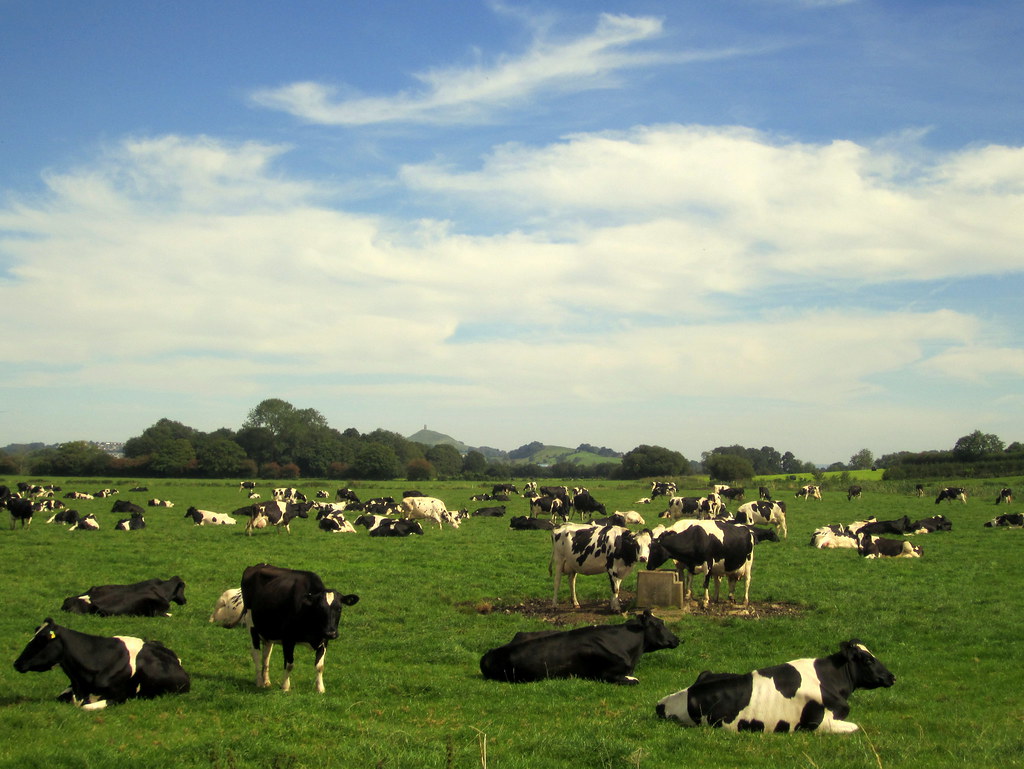
Surprisingly, this news resulted in a nearly 3% decline in its stock price. This article examines the implications of this capital raise, shedding light on investor sentiment and market reactions. Typically, a capital increase can signal growth or expansion; however, in this case, it raised concerns among investors about potential dilution of shares or financial stability. The beef industry in Brazil faces various challenges, including fluctuating demand and regulatory pressures, which may have influenced market perceptions. Understanding these dynamics is crucial for assessing Minerva’s future prospects and the overall health of the beef sector. As analysts continue to evaluate the situation, the reactions to Minerva’s announcement highlight the complexities of investor behavior in response to corporate strategies.
Understanding the Announcement
On the eve of the stock price decline, Minerva Foods revealed its intention to raise R$ 2 billion in capital. This move is primarily aimed at supporting its growth strategies, including potential acquisitions, expansion of production capacity, and enhancement of its operational efficiency. Capital increases are not uncommon in the corporate world, especially in industries that require significant investment to maintain competitive advantages.
The announcement was met with mixed reactions from investors. While some may have viewed the capital increase as a necessary step for long-term growth, others were concerned about the immediate dilution of shares and the implications of raising such a large amount of capital.
Market Reactions
Following the announcement, BEEF3 shares fell by nearly 3%. This decline can be attributed to several factors:
- Dilution of Shares: A capital increase often leads to the issuance of new shares, which can dilute the value of existing shares. Investors may fear that their stakes in the company will be less valuable post-issuance, leading to a sell-off.
- Short-Term vs. Long-Term Outlook: While the capital increase may be beneficial for Minerva in the long run, investors often prioritize short-term performance. A drop in stock price reflects a lack of confidence in the immediate future of the company.
- Market Sentiment: Broader market trends and sentiments can also influence stock prices. In times of economic uncertainty or unfavorable conditions for the meat industry, investors may react negatively to such announcements, fearing that the capital raise will not yield the expected returns.
- Competitive Landscape: The Brazilian beef industry is highly competitive and subject to fluctuations in global demand, trade policies, and consumer preferences. Investors may be wary of how Minerva’s capital increase will position it against competitors like JBS and Marfrig, which also dominate the market.
Implications for Minerva Foods
While the immediate reaction was a decline in stock value, the long-term implications of the capital increase could be more favorable for Minerva Foods. Here’s why:
- Expansion Opportunities: The capital raised could enable Minerva to pursue strategic acquisitions or expand its production facilities, positioning the company for future growth. In a competitive industry like meat processing, scaling up operations can lead to economies of scale and improved profitability.
- Strengthening Position in Export Markets: Brazil is one of the largest beef exporters in the world. With the additional capital, Minerva could enhance its logistics and distribution networks, making it more competitive in international markets. This is particularly important given the increasing demand for beef in Asia and other emerging markets.
- Innovation and Sustainability: The beef industry is under scrutiny regarding its environmental impact. Capital raised could be allocated to research and development of sustainable practices, improving animal welfare, and reducing carbon footprints. As consumers increasingly prioritize sustainability, companies that adapt may benefit from enhanced brand loyalty and market share.
- Debt Management: If part of the capital raise is used to pay down existing debt, Minerva could improve its financial health, reducing interest expenses and freeing up cash flow for future investments.
Conclusion
The nearly 3% decline in Minerva Foods’ stock following the announcement of a R$ 2 billion capital increase underscores the complexities of market reactions to corporate decisions. While the immediate market response may reflect investor concerns about share dilution and short-term performance, the long-term implications could be more favorable if the capital is effectively directed toward growth and innovation.
As the Brazilian beef industry continues to navigate global challenges and opportunities, Minerva’s strategic decisions will be closely monitored by both investors and analysts. The ultimate success of this capital increase will hinge on the company’s ability to implement its growth strategies and effectively manage the competitive dynamics of the meat processing sector.
For investors, comprehending the broader context surrounding such announcements, along with the specific challenges and opportunities facing Minerva Foods, is essential for making informed decisions in a rapidly evolving market. By recognizing the potential benefits of the capital increase and assessing the company’s strategic direction, investors can better position themselves to capitalize on future developments in the industry. Overall, while short-term reactions may be negative, the long-term outlook could improve if Minerva successfully leverages its new capital for sustainable growth.
